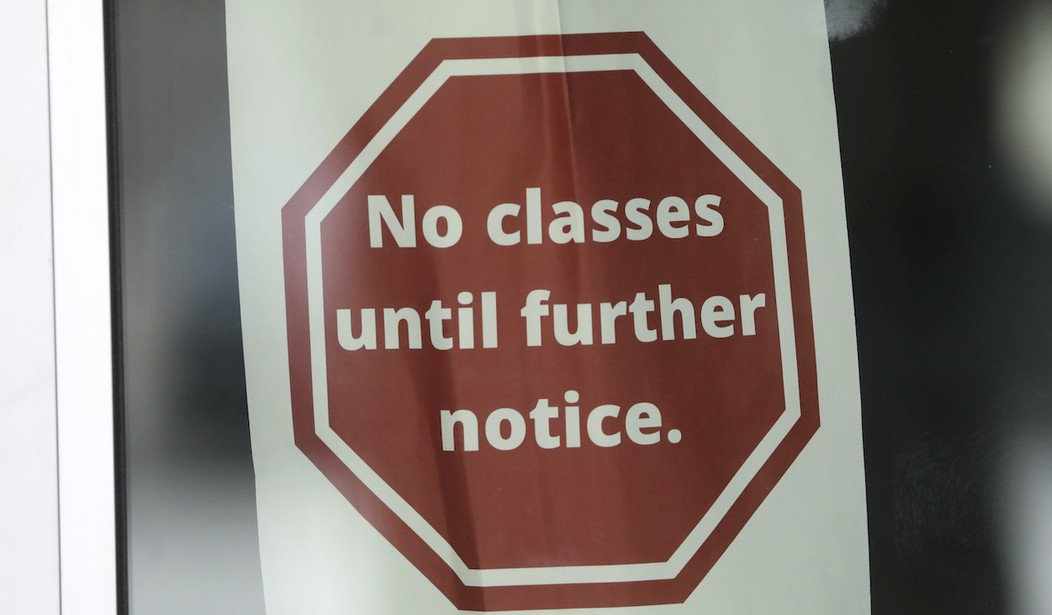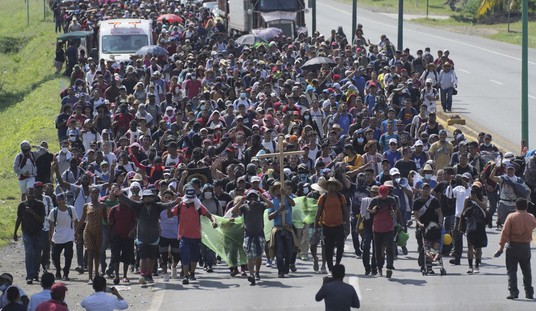They dart out from places where you least expect to see them. Where you’d only expect to see them over the summer months. By the time the summer vacation period begins next month, they will have already had an equivalent amount of time off from school. Some are saying that school may not even start up in the fall.
If Portland schools open in September, an opening not yet scheduled, the children will have been out of school for six months, give or take. If school doesn’t resume in September, the kids will have fallen into a deep chasm of unschooling.
They are the lost schoolchildren of COVID. Yesterday, I saw one up in a tree.
While their parents responsibly socially-distance at home, or go to work in essential jobs, these children are living a life they have never experienced, a spring season without school.
Noon on a Tuesday, you hear them on the streets, in the yards. It’s homeschool recess, while their mothers prepare lunch. At seven o’clock each evening, when the neighborhood comes out of shutdown to bang drums and shake tambourines in tribute to first responders (and remind each other that “life” goes on), the kids dutifully appear, gawk at the spectacle, then disappear back into the hedges like Children of the Corn.
Some of them have gotten their hands on fireworks.
They’re educated enough to know that most human beings in their age group have been spared the worst ravages of coronavirus. Their home-owning 30-40-something mothers and fathers are similarly not at high risk. It is their grandparents they can’t get near. Their grandparents who drive by and wave. These children look at the older residents on the block, like me, with a combination of aversion and bemusement. In that sense, nothing has changed.
The best parents are home-schooling; unfortunately, so are the worst. Apply to that whatever ideological overlay best exemplifies your assessment of best/worst. Imagine each home with set-aside hours and set-aside areas for study. Moms and dads pressed into service to sustain grade-appropriate learning. Emails coming from stay-at-home teachers: Today in history we will cover Chapter Sixteen, Western Expansion: A Golden Spike and the Oklahoma Sooners.
Lunch, grilled cheese sandwiches and Campbell’s soup, it must be Tuesday.
Other parents attempt to keep children on track, but fail due to the anxieties and expediencies of life in lock-down. In the best of times, a percentage of children fall through the educational cracks. There are children who will never quite get back on track after the pandemic ends.
Most kids are getting the lessons. What they are not getting is the institutional structure. The milieu of hallways, lockers, desks, assemblies, and ballgames, while relatively fresh in the minds of children who in many cases have rigorously attended school since young childhood, begins to take on a reflective Twilight Zone aspect. The school buildings lay distant and empty. A Custodial Arts box truck backs in, pulls away. Some diligent administrator has seen to it that Old Glory and the state flag still flutter aloft, but it is against the rules to play on the playground. The curtained windows of schoolrooms still adorned with last winter’s motifs yield only a collective sense of once-was that nobody knows when will become now again.
Freed this institutional structure, and despite the best efforts of parents to provide a learning environment, the developing child’s brain begins developing differently. What if it was always thus? What if it was up to me to learn what I need to know? What would my life be if there was no such thing as school? It must be said: the socially oppressed, the bullied, may view the abandoned schoolyard with a sense of peaceful respite.
After the homeschool hours, the boys are on trampolines. They run in packs, knowing that tomorrow will be like today, again. They are conditioned to school life, but as William Golding so compellingly explored in Lord of the Flies, there is always a Jack London-esque Call of the Wild potential for devolution. The domesticated dog Buck went wolf—the British schoolboys killed “Piggy” with a rock.
I saw a kid with outgrown hair the other day in the wrong yard with what I first thought was a spear. It was a rake.
The girls, deemed more socially-oriented by childhood education experts, miss school more. They are wistful in the parental doorway during the drumming session. They appreciate the effort of solidarity, but have stopped contributing to the drumbeat. Smartphones—once the gateway to connectivity—have become electronic talismans of peer aloneness. The girls know something is lost, something missing. This is irrevocably not the same.
The interactions and hierarchies of school life, the conflict resolution and formation of natural alliances that come with societal institutions have been stripped away from their developing minds and characters by a deadly disease that their immune systems, God willing, will in the vast majority of exposures, withstand.
These are the lost schoolchildren of COVID. Some of them are made wild by the absence of school, some become depressed. Some are ill-adjusted outliers, quietly thankful, thinking, this is the way it should be for me.
For as long as your local school system is in lock-down, they will exist in the neighborhood near you.
Mark Ellis is the author of A Death on the Horizon, a novel of political upheaval and cultural intrigue. Follow Mark on Twitter.
Editor’s Note: Want to support PJ Media so we can keep telling the truth about China and the virus they unleashed on the world? Join PJ Media VIP and use the promo code WUHAN to get 25% off your VIP membership.









Join the conversation as a VIP Member